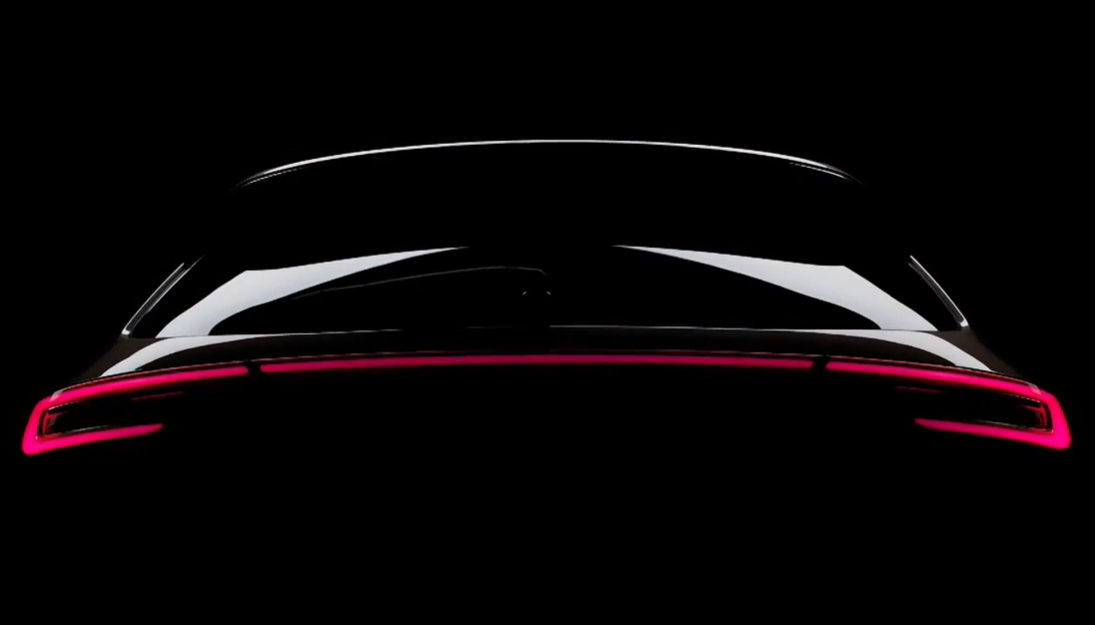
Chinese traditional carmakers have shown better performance in the new energy vehicle sector than NEV startups because of broader product ranges in August, China Daily reported on September 19. The sector includes pure electric vehicles and plug-in hybrid vehicles.

According to the China Passenger Car Association (CPCA), 16 manufacturers posted NEV wholesales of more than 10,000 units in August. Traditional carmakers occupied seven places in the top 10.
China's largest NEV maker, BYD, ranked first with 174,000 units in August, up 186% year-on-year. Its sales for the first eight months totaled 974,500 units.
Sales of BYD's pure electric Dolphin hatchback, plug-in hybrid Song crossover and Qin compact sedan exceeded 20,000 units in August.
The carmaker stopped production and sales of internal combustion vehicles in March.
U.S. NEV maker Tesla ranked second with 77,000 units in August. More than 40,000 Teslas were exported to Europe, the Middle East and other regions. Its year-on-year increase was 74%, far less than BYD, Geely and other domestic automakers.
SAIC-GM-Wuling sold 52,600 NEVs in August largely thanks to its popular Hongguang Mini EVs, whose sales reached 49,120 units.
Geely sold 37,500 NEVs last month. Its growth reached 410% year on year, ranking first among NEV makers. GAC Motor's electric car subsidiary, Aion, sold 27,000 NEVs in August, growing 133% year on year. Meanwhile, Chery sold 26,600 NEVs in the month, soaring 280% compared with the same period of 2021.
In contrast to traditional carmakers, the most-watched Chinese NEV startups-Nio, Xpeng and Li Auto-failed to appear on August's top 10 NEV maker list, said China Daily.
The startups Hozon and Leapmotor ranked ninth and 10th with 16,000 and 12,500 units sold in August respectively. Both of them posted growth of more than 100%.
Yale Zhang, managing director of consultancy Automotive Foresight, said that traditional brands have launched broader product lineups in both pure electric and plug-in hybrid versions, which span a range of prices.
Meanwhile, most NEV startups can only focus on pure electric models and position themselves as mid-to-high-end brands on a small scale. This makes it hard for them to control costs and launch cost-effective products, Zhang said.
Cui Dongshu, CPCA’s secretary-general, said that small electric vehicles launched by traditional carmakers are more sought-after, such as the BYD Dolphin and SAIC-GM-Wuling Hongguang Mini EV, reported China Daily.
RELATED
-
BYD plans to establish a sodium-ion battery plant in eastern China’s Xuzhou with an investment of RMB10 billion ($1.4 billion)
11-20 17:51 -
GE Healthcare's new Shanghai Innovation Center hosts first batch of digital health startups
11-17 19:11 -
The Japanese Panasonic president emphasizes commitment to the Chinese market
11-17 18:28
READ MOST

No Data Yet~







